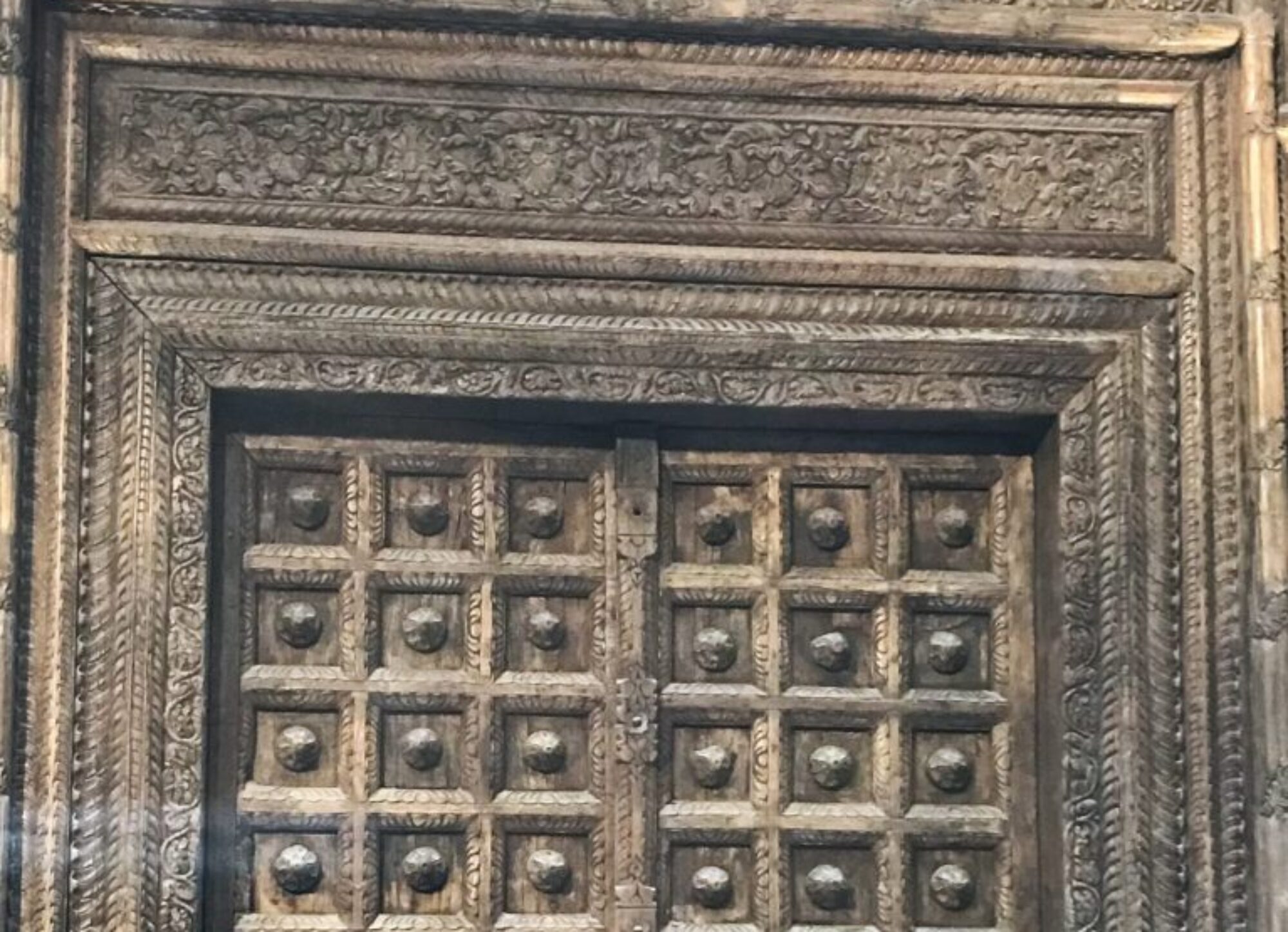Before the Representation of the People Act was amended in 1996, the law required the countermanding of the election in a constituency if any contesting candidate died before polling. This provision created complications, especially when there were reasonable apprehensions that unlawful elements would deliberately harm candidates. The problem was worse when several independent candidates entered the fray because each had to be provided security, as happened in the 1992 Assembly elections in Punjab. It was in these elections that a poor labourer, whom we might call Kirorimal, was encouraged by his equally penniless friends to contest as an independent candidate. They assured him that some rich candidate would pay a fortune to make him withdraw from the electoral contest.
Once he had filed his nomination, Kirorimal was assigned two constables, Surti and Hiralal, for protection. Sadly, there was no space for the cops in the shanty that Kirorimal shared with five other labourers, and the constables could not take their charge to the police lines either. So, they decided to escort the labourer only during the day, when he went about earning his daily bread. The cops, however, were mortified to stand with Kirorimal at the ‘labour chowk’ every morning, while he waited to be hired for the day. They then had to hang around the whole day while Kirorimal went about digging earth, cleaning drains, or doing whatever else he had been hired to do. There also were days when Kirorimal got no employment at all. The three of them then roamed around in public parks or sat in some ‘dhaba’, where the cops paid for the food of their penurious protectee. Once, they even watched a film, but the cops resented paying for Kirorimal’s cinema ticket.
Surti and Hiralal looked on enviously at their colleagues who were deputed to protect well-off contestants. Those lucky fellows whizzed past in cars or lolled around in palatial houses of the candidates. Kirorimal’s bodyguards, on the other hand, were condemned to toiling in the sun, trudging behind him as he went about seeking employment. Surti was particularly miffed because he had been refused leave, which he badly needed to help his father till their land. Aware of their resentment, Kirorimal repeatedly assured them that it was only a matter of a few days before some rich contestant bribed him to withdraw. But no one made any offer.
Surti lost patience after a week of waiting every morning at the ‘labour chowk’, which he felt was most demeaning. He demanded that Kirorimal should withdraw from the election, but the labourer said he would do so only if he were paid twice the amount that he had paid as deposit. Surti then had a brainwave – he offered to hire Kirorimal to work in his own fields in his native village. All three promptly proceeded to Surti’s village, where the election candidate ploughed the fields every day. It was a win-win situation – Kirorimal got steady employment; Surti was able to get his field ploughed; both cops could discharge their duty in comfort and the independent candidate remained secure till the polling day!
(Tribune – March 27, 2024)
